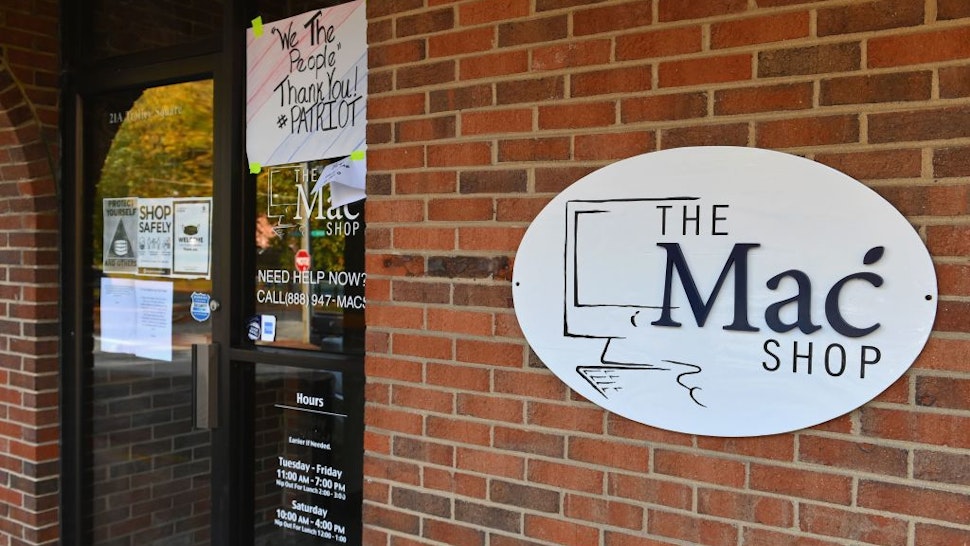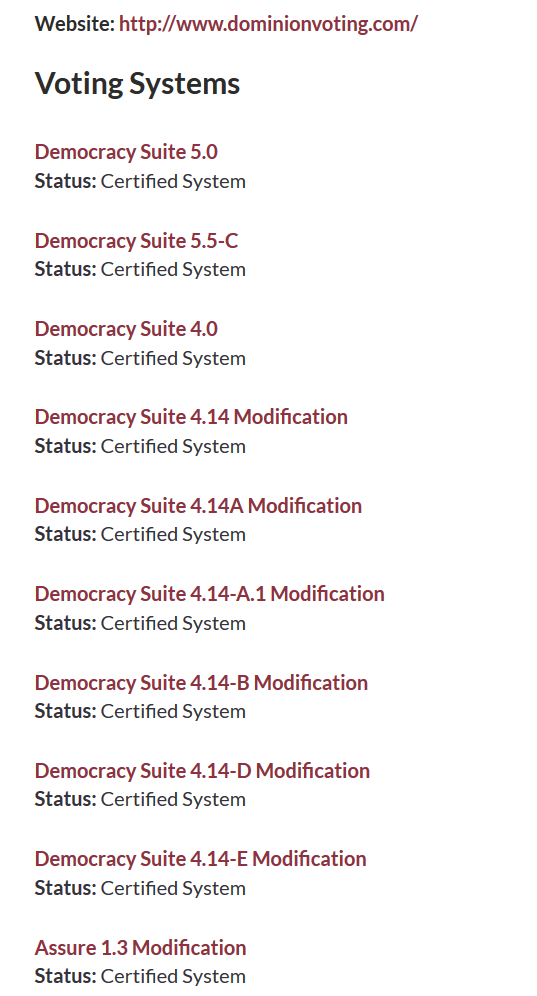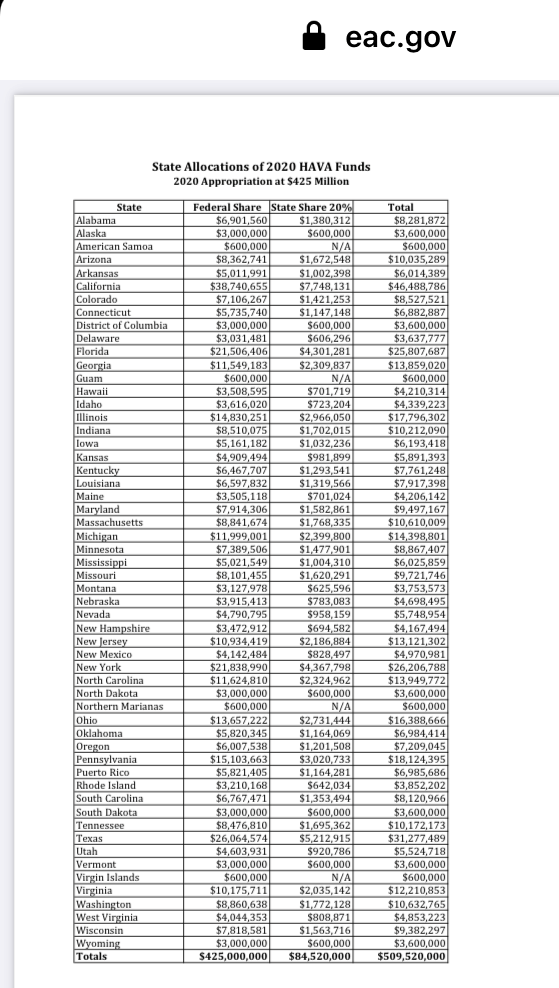It was 2016. Prior to that it was the withdraw of forces from Iraq and Afghanistan. This nomination hearing should be quite contentious. There was also this gem –>
A $500m effort to train Syrian forces against the Islamic State has resulted in only a handful of fighters actively battling the jihadi army, the top military commander overseeing the war has testified.
“We’re talking four or five,” General Lloyd Austin, commander of US Central Command, told a dissatisfied Senate armed services committee on Wednesday.
The training initiative is Barack Obama’s linchpin for retaking Syrian territory from Isis. The Pentagon anticipated in late 2014 that it would have trained 5,000 anti-Isis Syrian rebels by now.
“The program is much smaller than we hoped,” conceded the Pentagon’s policy chief, Christine Wormuth, saying there were between 100 and 120 fighters currently being trained. Wormuth said they were “getting terrific training”.
but read on…
NYT’s: Officials from the United States Central Command altered intelligence reports to portray a more optimistic picture of the war against the Islamic State in Iraq and Syria than events on the ground warranted, a congressional panel said in a report issued Thursday.
The interim report, from a task force established by the Republican chairmen of the House Armed Services Committee, Intelligence Committee and Defense Appropriations Subcommittee, found “widespread dissatisfaction” among Central Command intelligence analysts, who said superiors were doctoring their assessments of American efforts to defeat the Islamic State. Central Command, known as Centcom, is the military headquarters in Tampa, Fla., that oversees American military operations across the Middle East and Central Asia.
“Intelligence products approved by senior Centcom leaders typically provided a more positive depiction of U.S. antiterrorism efforts than was warranted by facts on the ground and were consistently more positive than analysis produced by other elements of the intelligence community,” a news release about the report said.
“What happened at Centcom is unacceptable — our war fighters suffer when bad analysis is presented to senior policy makers,” said Representative Ken Calvert, Republican of California. “The leadership failures at Centcom reach to the very top of the organization.”
The 10-page report detailed persistent problems in 2014 and 2015 in Central Command’s description and analysis of American efforts to train Iraqi forces. Although it offers no definitive evidence that senior Obama administration officials ordered the reports to be doctored, it describes analysts as feeling as though they were under pressure from Centcom leaders to present a more optimistic view of the threat posed by the Islamic State, also known as ISIS or ISIL.
“Throughout the first half of 2015, many Central Command press releases, statements and congressional testimonies were significantly more positive than actual events,” the report said. “For example, a Centcom official stated publicly that a major military assault to take back Mosul could begin as early as April or May 2015.”
Mosul, Iraq’s second-largest city, remains under the control of the Islamic State.
“After months of investigation, this much is very clear,” Representative Mike Pompeo, Republican of Kansas, said in a statement. “From the middle of 2014 to the middle of 2015, the United States Central Command’s most senior intelligence leaders manipulated the command’s intelligence products to downplay the threat from ISIS in Iraq.”
Republicans created the task force after learning that analysts had raised concerns that intelligence about the Islamic State was being manipulated. The report released Thursday is to be followed up by more extensive findings as the investigation continues. There is an additional, ongoing investigation of Centcom intelligence by the Department of Defense inspector general. More here.
***
Gen. Lloyd Austin III, currently vice chief of staff of the Army, would become the next top U.S. commander for the Middle East — directing the end of the U.S. combat role in Afghanistan — if the Senate confirms his nomination.
Austin, 59, would be the first African-American general to lead CentCom. Nearly all international combat troops are to leave Afghanistan by the end of 2014.
If confirmed, Austin would replace Marine Gen. James Mattis, who took the CentCom helm in August 2010.
Mattis has not yet announced his plans once he leaves CentCom, and his departure appears to be unconnected to the recent scandal involving Tampa socialite Jill Kelley. Mattis has not been linked to the controversy. More here.



 Mac Isaac’s lawyer, Brian Della Rocca, confirmed to the
Mac Isaac’s lawyer, Brian Della Rocca, confirmed to the 

